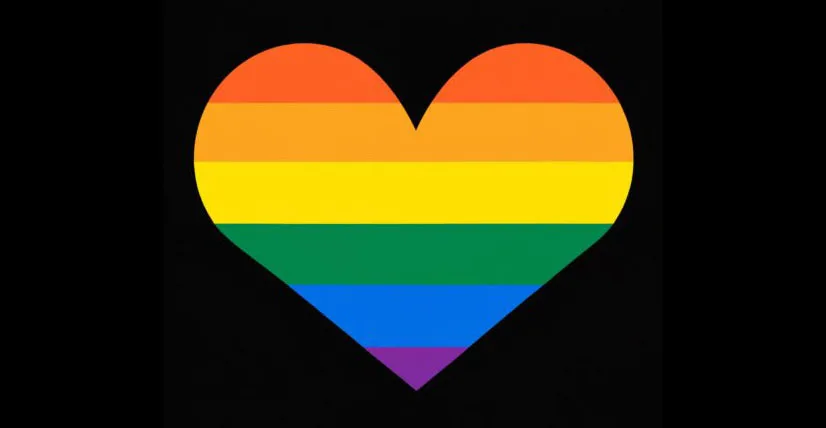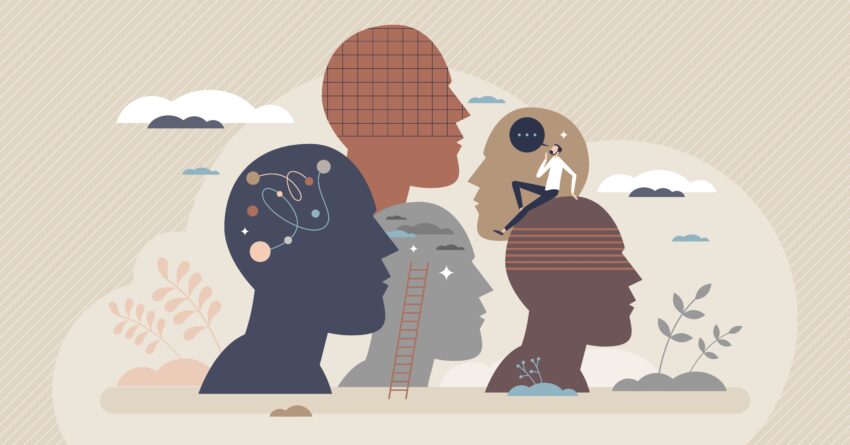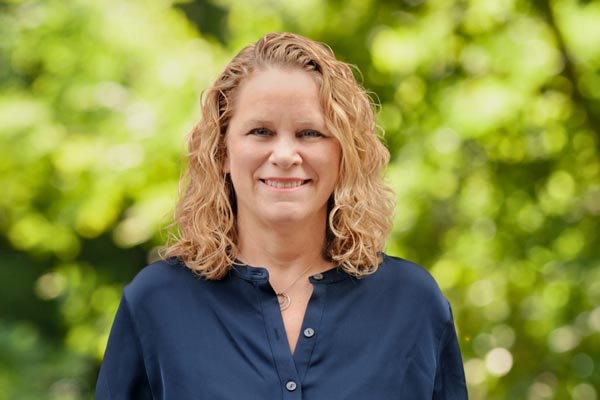
In light of the media attention surrounding the drug related death of the actor Philip Seymour Hoffman, I find it pertinent to post some observations from of my 17 years of clinical work with individuals struggling with substance use. This is not a post about this particular actor’s substance use, as I cannot possibly know the details of that person’s life. This is a post about the Harm Reduction approach and the need for more access to programs that include Harm Reduction methods.
Everyone’s life has moments of discomfort, and all individuals find ways to manage or distance themselves from these discomforts. An individual might manage anxiety by avoiding social gatherings and the unease that is generated or they might choose to have a drink, similarly an individual may manage feelings of self-doubt and fear by working long hours to prove their worth or they might choose to use cocaine.
Even when abuse of substances causes harm to oneself or relationships, it is challenging to stop using because the original intention of using was to make survival of something difficult possible. Consequently, for a person to successfully survive without drugs or with fewer drugs, it takes preparation and care. Unfortunately, the dominant norm in this country is to require individuals to stop all use of drugs before or immediately upon seeking help. This renders them barren of the coping mechanism they are most familiar with before they’ve had the opportunity to develop some new ones.
Harm Reduction does the opposite. Harm Reduction encourages small changes that are realistic, and made with preparation while having internal and external support. This change may be to abstain from drugs all together, but it does not have to be if an individual wants to work and develop tools to moderate their substance use. Because substance abuse or drug addiction is often viewed societally as immoral or shameful behavior, individuals who want to moderate their substance use are often ashamed to speak up and ask for help to learn these tools.
We need to remove the negative labels and stigmas that are attributed to individuals struggling with substances, and instead be curious and caring about what, beyond the substances they are struggling with. We need to work with individuals to identify what unique change is workable for each person, and then teach and support him or her to have what they need to successfully make that change.



